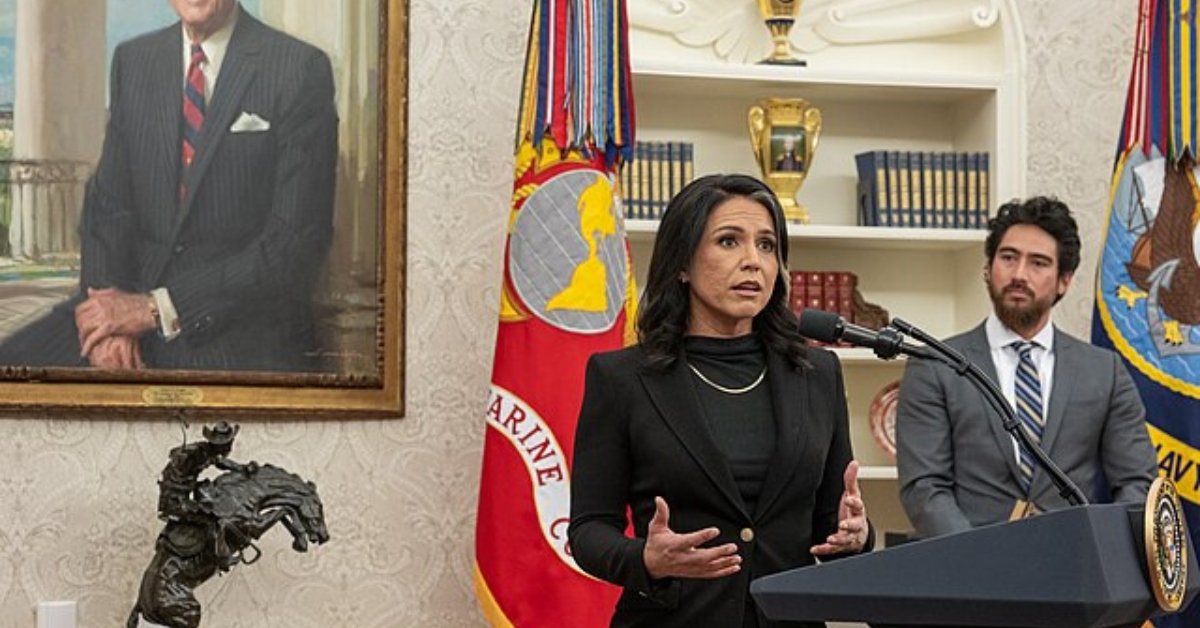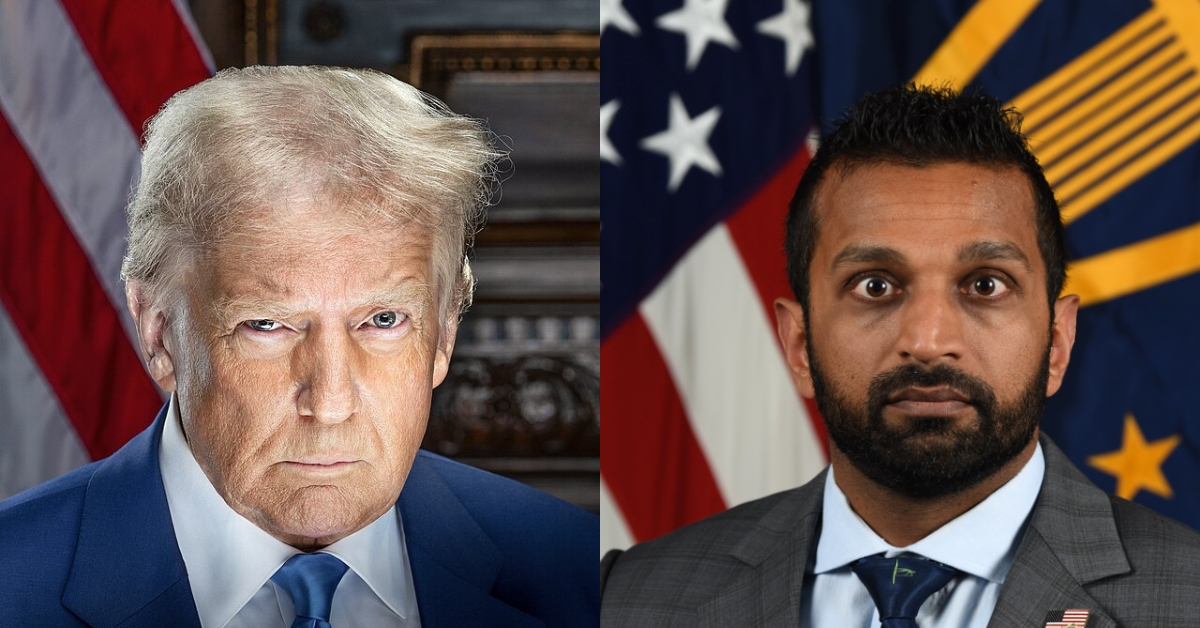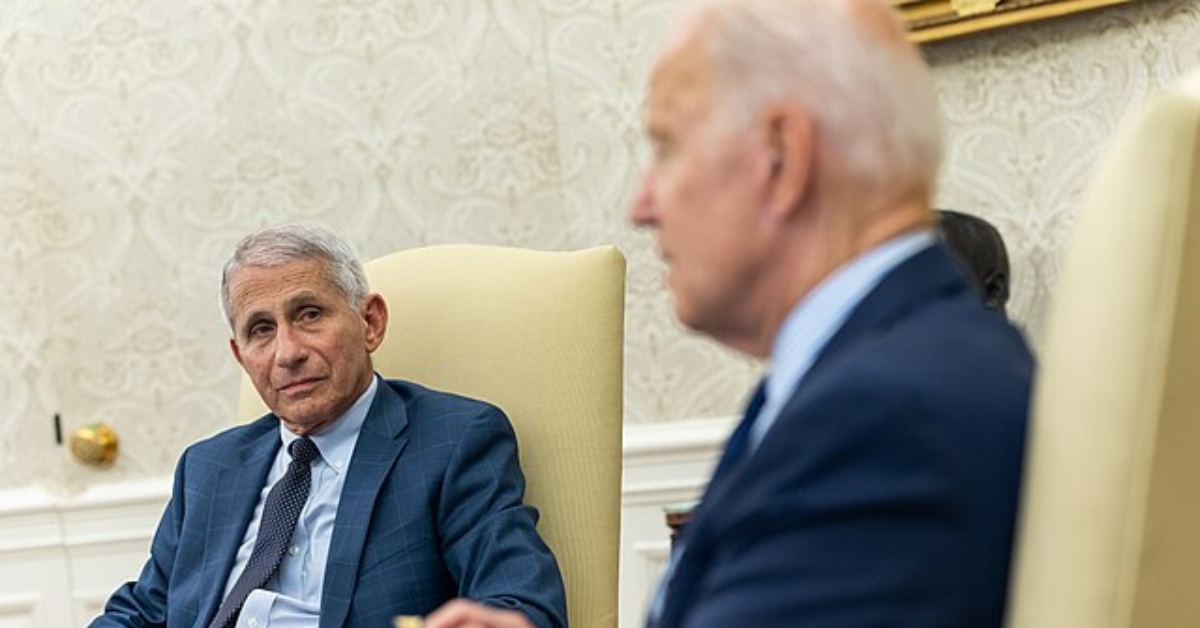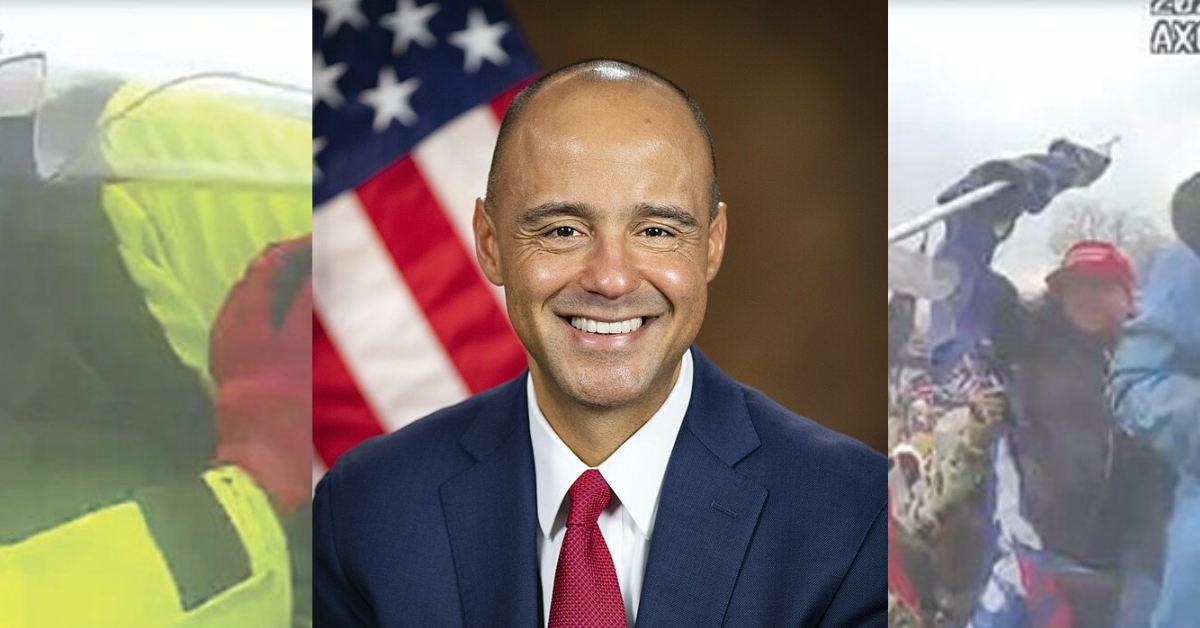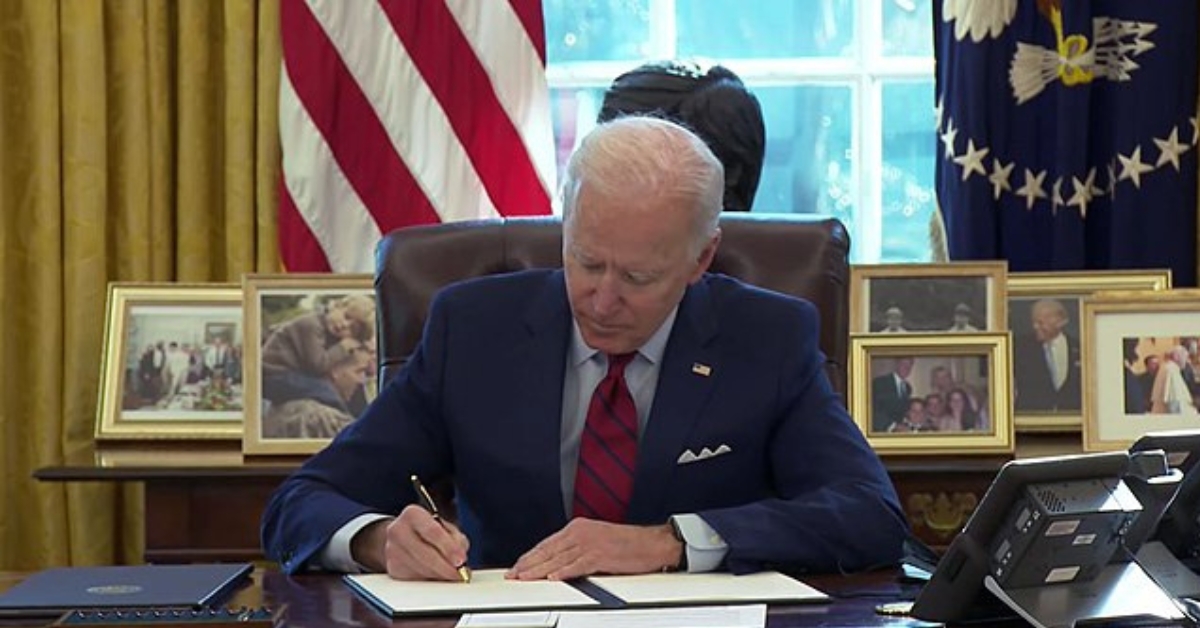
Malicious Prosecutors Seek Long Sentence for J6 Protester Who Helped an Officer
In the turbulent aftermath of the Capitol riot on January 6, 2021, the narrative spun by the media and judicial system has raised serious concerns about the impartiality of justice. Ronald McAbee, a former sheriff’s deputy from Tennessee, stands as a prime example of what appears to be a politically motivated and disproportionate legal response to the events of that day.
Ronald McAbee’s story, as shared by his wife Sarah on the “Vicki McKenna Show,” sheds light on a troubling aspect of the Capitol riot aftermath. He has been incarcerated for an astonishing 26 months without a trial, only to be convicted of five felonies in a D.C. district court, with a staggering 14 to 17 years of prison time recommended by prosecutors. This is despite McAbee pleading guilty to a lesser felony and a misdemeanor connected to the riot. Such an extended period of pre-trial detention is highly unusual and raises questions about the fairness and efficiency of the judicial process in these cases.
Sarah McAbee’s insights into the situation suggest a disturbing scenario. She believes that her husband’s prolonged incarceration and harsh treatment are linked to his status as a law enforcement officer who witnessed a critical incident during the riot, the police beating of Rosanne Boyland. According to her, Ronald McAbee’s attempt to help Boyland, who died at the Capitol, and an officer in distress, were overlooked by prosecutors fixated on a predetermined narrative. This malicious prosecution occurred despite the fact that an officer twice thanked Ronald for helping the downed officer.
The cases of Ronald McAbee and others involved in the January 6 riot are being tried in Washington D.C., a jurisdiction perceived as hostile to them. This is evidenced by the recent Emerson College survey, which revealed that 64 percent of D.C. residents would vote to convict former President Donald Trump, a key figure associated with the riot. Such statistics underscore the challenge of achieving impartial justice in a highly charged political atmosphere.
Sarah McAbee’s efforts through her nonprofit, “Stand in the Gap Foundation,” highlight the broader plight of many Jan. 6 defendants. These individuals, often without substantial financial resources, face an uphill battle in a system where, as McAbee puts it, “the punishment is the process.” This situation underscores a fundamental flaw in the legal system – when the process becomes so burdensome and biased that it itself becomes a form of punishment.
In conclusion, the case of Ronald McAbee is not just a story of one man’s legal battle; it’s a cautionary tale of how political bias and a charged atmosphere can distort the course of justice. It serves as a stark reminder that the principle of impartial justice must be upheld, irrespective of the political context or public sentiment.
